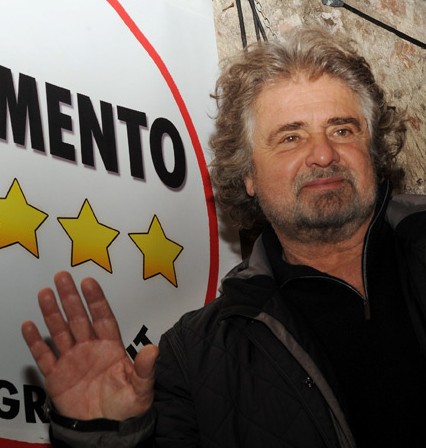
Neither Left nor Right: The rise of populist movements in Italy
When an economic crisis combines high youth unemployment and an impoverished middle class, there is a real risk of a rise in right-wing extremism. But the left/right divide does not always help to understand European populism.
The Italian case is a particularly interesting one. After Berlusconi resigned in disgrace, the main two parties (Berlusconi’s People of Freedom-PDL and the centre-left Democratic Party-PD) were left with no choice but to support a ‘truce government’ of non-politicians and technocrats, led by Mario Monti. This unlikely arrangement froze the parliamentary majority.
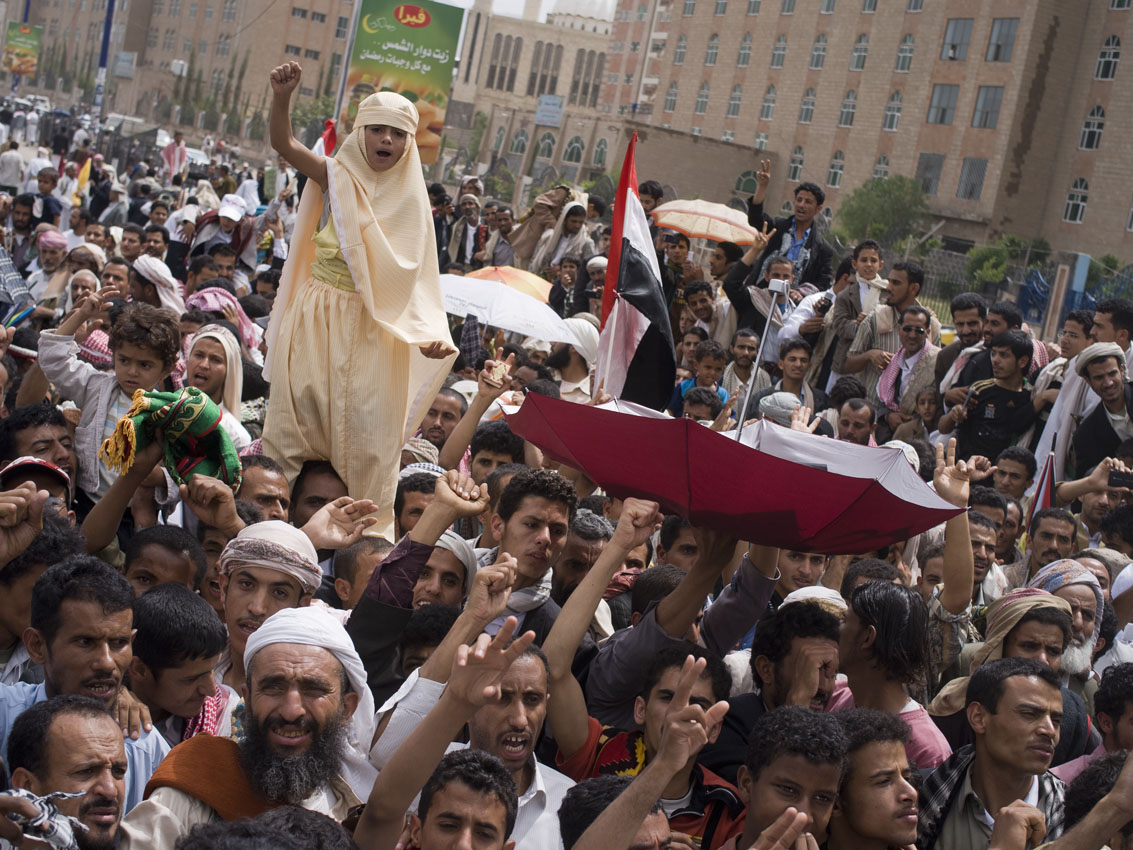
The Uneven Playing Field: Political finance in post-Arab Spring countries
“Our revolution was hijacked,” Mahmoud, a young protestor from Yemen, told me in one of our discussions. “We stand no chance against the established powers in any elections,” said Marwa, another young protestor from Egypt. Mahmoud and Marwa represent millions of similar young Arabs who ignited and led the uprisings in their countries, aspiring for a new future where each one of them will have an equal say in the political process. They are now increasingly disappointed and frustrated with their new reality, and the top reason for their frustration is political finance. The Deepening Democracy report, published by the Global Commission on Elections, Democracy & Security, highlights that “The rise of uncontrolled political finance threatens to hollow out democracy …
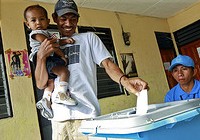
In Timor-Leste, deepening democracy means ongoing international support for electoral authorities
The Report of the Global Commission on Elections, Democracy and Security identified building professional, competent electoral management bodies (EMBs) as one of the five major challenges that must be overcome to conduct elections with integrity.
There is more to it, though. East Timor, for example, has EMBs. And it has made demonstrable progress in its elections since independence. But its EMBs still need help.
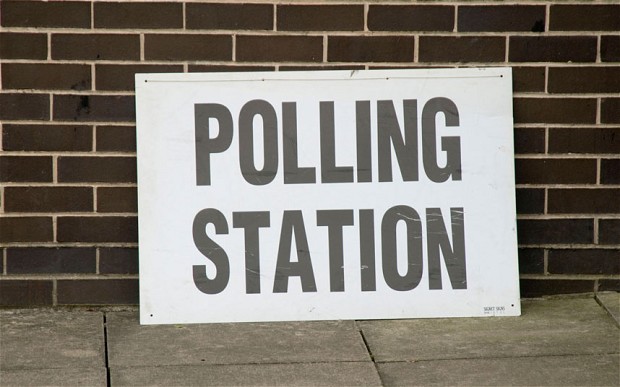
Democracy in Britain: Decline, reform, and a place called Bettws
Political pundits in Britain often frame competition in elections as a fight for ‘middle England’. Each election, they invent names such as ‘Essex man’ or ‘Worcester woman’ to describe archetypal voters representative of marginal constituencies necessary to win a parliamentary majority. Bettws ward in Gwent, Wales, may not be the typical bellwether for the nation’s politics, but its significance rose with the first ever election of Police and Crime Commissioners (PCCs) across England and Wales.

Deepening Democracy Means Looking Beyond Elections
We must remember that democracies are not self-executing systems; they stand on complex political institutions that reflect the political power of the citizenry. For many countries, then, the challenge is keeping the population constructively engaged in the democratic process following successful free and fair elections.
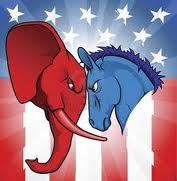
Targeting and Turnout in the 2012 US Presidential Election
One of the big questions in the run-up to the 2012 Presidential Election was what the turnout would be. Would the supposed “enthusiasm gap” lead to lower turnout amongst some of the key demographics behind Obama’s 2008 victory, like African-Americans and college students? Would the absence of the extraordinary volunteer mobilization seen around the Presidents’ first campaign leave his re-election effort without the capacity to expand the electorate through large-scale voter registration efforts and an extensive and intense effort to get out the vote?
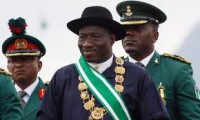
Deepening Democracy: In Nigeria, improving government accountability means paying politicians less
While the Global Commission report on Deepening Democracy provides insightful recommendations on strategies for improving electoral integrity, we must remember that elections are just one step in the democratic process. Certain precursors need to be made right in order to make the report’s recommended strategies achievable. Having lived in Nigeria and experienced the democratic process there, I am of the opinion that one vital measure needed to strengthen its nascent democracy is to drastically reduce the excessive financial incentives that accompany political positions. The quest for political leadership must be guided by a passion to lead and make changes. Sadly, these are noble incentives overshadowed by the “what is in for me?” mentality of personal gratification that has eaten deep into the fabric of the country’s political space.
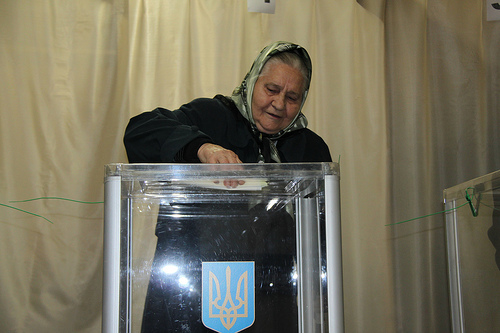
Ukrainian elections 2012: Another demonstration on how money and fraud can keep hold of power
Ukrainian politicians have special talent for surprising the international community. First are the results. More eyebrow-raising is special way of organising them. This time Ukraine’s parliamentary elections, held back at the end of October, started quite well. But while the voting process itself has been described as fair by most international observers, the political campaign and the actual counting of the votes – no doubt the most important part of the democratic election process — has been characterized by the abuse of power, the excessive role of money, extraordinary events such as power cuts in the polling stations, fights between representatives of the parties, accusations of fraud and scandals in denying observers access to polling stations.









